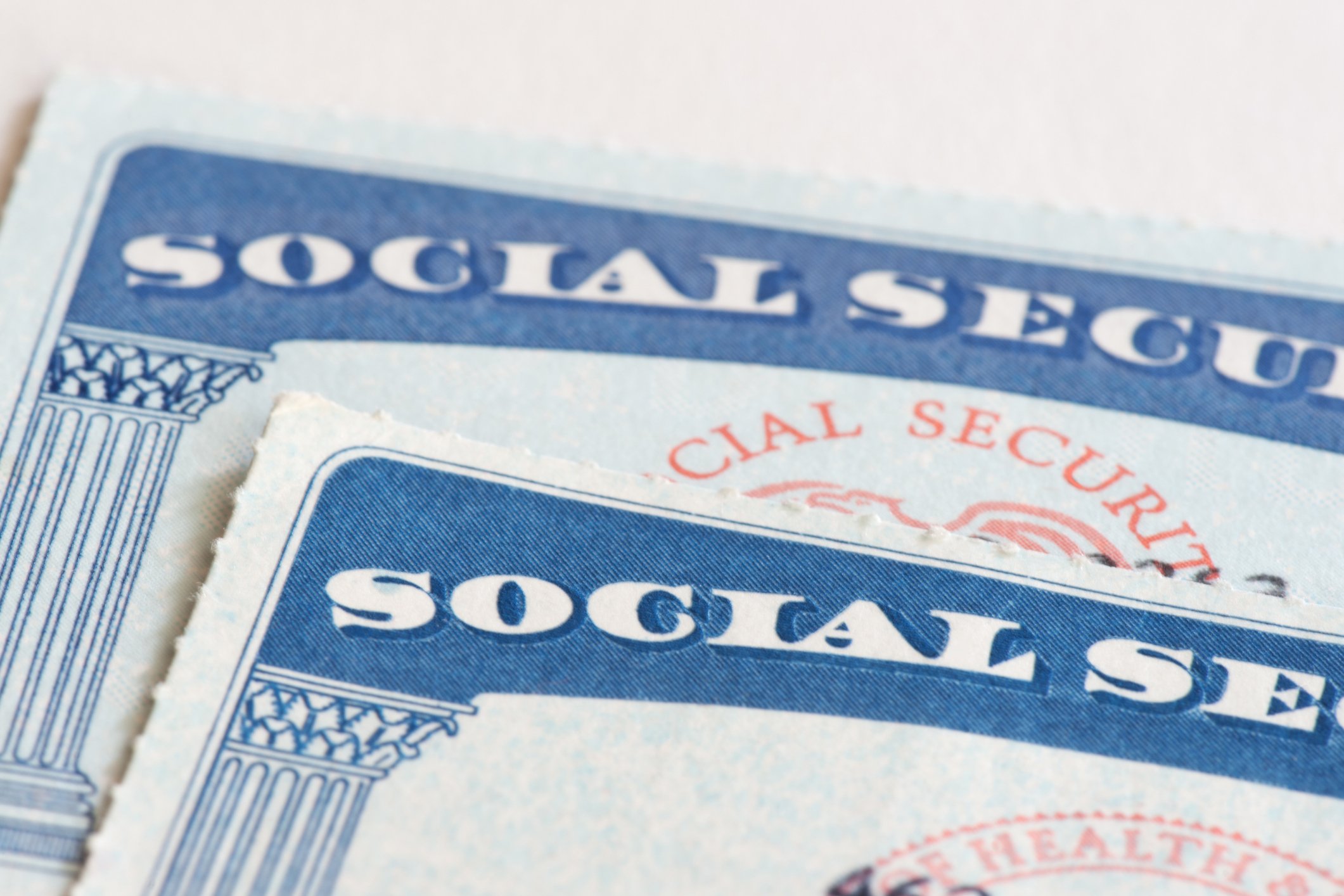COVID-19 has been wreaking havoc on the U.S. economy since March, and with countless businesses shuttered and millions of employees out of work, it was clear that the government needed to step in and help. Thankfully, a $2 trillion economic stimulus package was approved in late March that calls for, among other provisions, a $1,200 lump sum payment for qualifying adults, plus another $500 for qualifying dependent children.
If you're expecting a stimulus check in the near future, you may be contemplating the idea of investing that cash. And that's certainly not a bad thing to do. But before you go that route, be sure to ask yourself these important questions.

IMAGE SOURCE: GETTY IMAGES.
1. How does my emergency fund look?
Investing is a great way to grow wealth on a long-term basis, but before you fixate on your long-term needs, think about your immediate needs. Do you have enough money in an emergency fund to pay for three to six months' worth of living expenses? If you don't, you're better off putting your stimulus cash into savings than investing it. That way, if your income takes a hit or you encounter a surprise bill, you won't be left scrambling.
In fact, for added peace of mind, you may want to go beyond that six-month threshold in your emergency fund. The COVID-19 crisis could spur a prolonged recession, so having extra money in savings is a good thing right about now.
2. How secure is my job?
Though millions of Americans have already been forced into unemployment by COVID-19, many workers have managed to keep their jobs -- either because they're essential and are still reporting to work, or because they've managed to shift to a remote setup and retain their paychecks that way. But unfortunately, a steady paycheck today doesn't guarantee that you'll still be employed one, two, or three months down the line. Therefore, think about the work you do and whether your employer or industry is likely to be affected if the economy gets worse. If you fear that it is, put that money into savings so it's there for you if you need it.
3. How will I actually invest my money?
Maybe you already have a solid emergency fund (great job if that's the case) and are confident that your job will hold steady even if a full-blown recession strikes. If that's the case, you're in a good position to invest your stimulus payment. But before you do, you need a strategy.
Will you research individual stocks and add companies that are undervalued to your portfolio? Will you focus on index funds that require less legwork and offer more instant diversification? Or will you aim to load up on dividend stocks? "Investing" is actually a loaded term, and while now may be a good time to score quality stocks or index funds at a relative discount, you shouldn't just fill your portfolio blindly.
There are plenty of ways you can put your stimulus money to good use, and investing is one of them. But remember, if you need that cash for near-term expenses, or feel you need extra money in the bank due to all of the uncertainty that abounds, don't feel bad about not investing, either. Hopefully, once this crisis subsides, you'll have plenty of opportunity to amass a solid portfolio. But for now, many Americans are in survival mode, and if you're one of them, don't worry about missed investing opportunities; focus on keeping your head above water.





